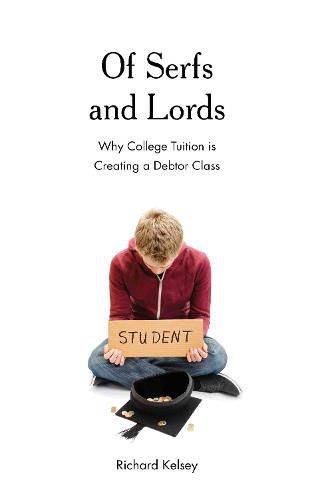Readings Newsletter
Become a Readings Member to make your shopping experience even easier.
Sign in or sign up for free!
You’re not far away from qualifying for FREE standard shipping within Australia
You’ve qualified for FREE standard shipping within Australia
The cart is loading…






This book identifies the causes of rising college tuitions. It identifies a system of policies, practices, and regulations that have converted higher education into an inefficient system that serves the interest of the tenured class and professional educators over that of the students. Using statistics, analysis, and examples, the author identifies and names the culprit behind these tuition increases as structural and cultural liberalism, all of which has created a tax on students and tuition payers. The author calls this inefficiency the tenure tax. The book examines how to find value in the current system, and it offers reforms in the form of an education revolution to remake higher education. He advocates for changes from how it hires and contracts with professors, to the role of government and private lending. The thesis of the book is simple: The current system is creating a debtor class of Serfs, studying dubious majors not useful in the job market. The result is that institutions are hunting revenue to feed and pay the elite class, the faculty and administrators, who have become Lords in this educational feudal system.
$9.00 standard shipping within Australia
FREE standard shipping within Australia for orders over $100.00
Express & International shipping calculated at checkout
This book identifies the causes of rising college tuitions. It identifies a system of policies, practices, and regulations that have converted higher education into an inefficient system that serves the interest of the tenured class and professional educators over that of the students. Using statistics, analysis, and examples, the author identifies and names the culprit behind these tuition increases as structural and cultural liberalism, all of which has created a tax on students and tuition payers. The author calls this inefficiency the tenure tax. The book examines how to find value in the current system, and it offers reforms in the form of an education revolution to remake higher education. He advocates for changes from how it hires and contracts with professors, to the role of government and private lending. The thesis of the book is simple: The current system is creating a debtor class of Serfs, studying dubious majors not useful in the job market. The result is that institutions are hunting revenue to feed and pay the elite class, the faculty and administrators, who have become Lords in this educational feudal system.